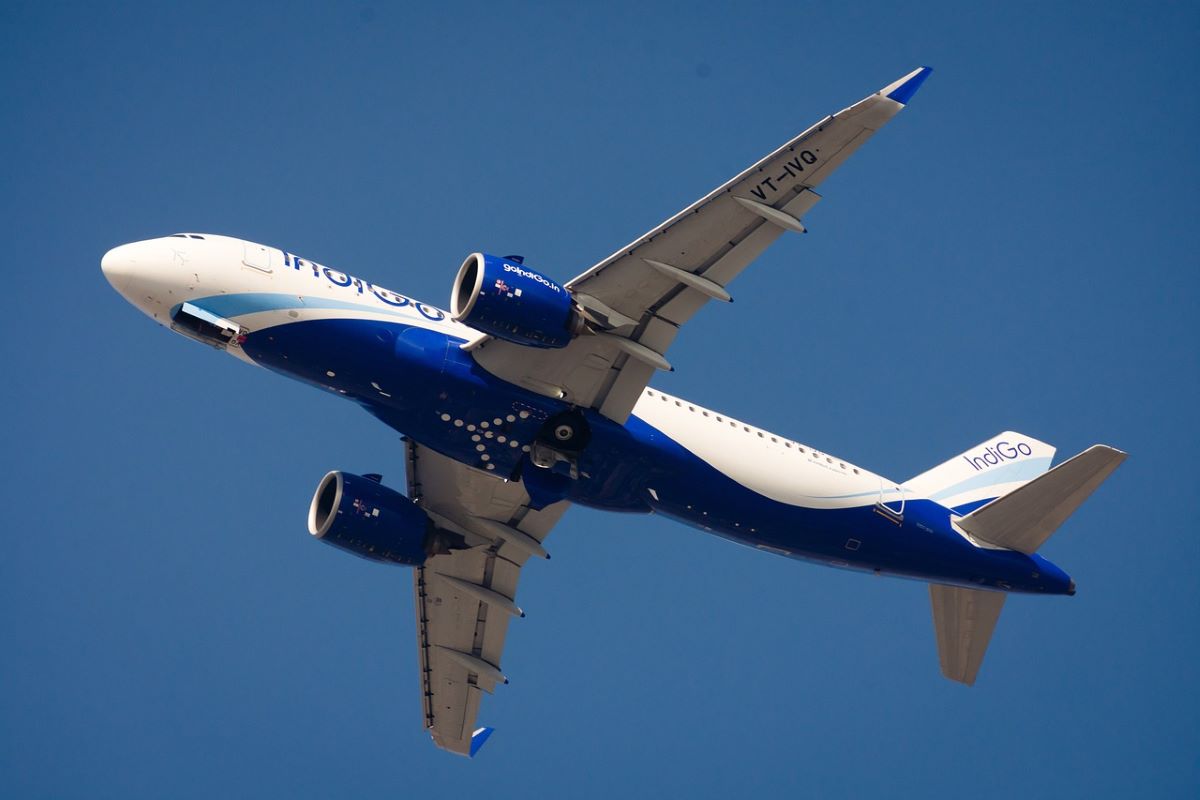Four Seasons Sees a Future in Tents
Skift Take

Skift Daily Briefing Podcast
Listen to the day’s top travel stories in under four minutes every weekday.Good morning from Skift. It’s Thursday, December 1. Here’s what you need to know about the business of travel today.
Listen Now
🎧 Subscribe
Apple Podcasts | Spotify | Youtube | RSS
Episode Notes
The Four Seasons is opening Naviva, its first luxury tented resort in the Americas, on Thursday, but it’s shunning conventional hotel design in the process. The Punta Mita, Mexico-based property is emphasizing incorporating elements of the outdoors, reports Contributor Carley Thornell in Skift’s Future of Hotel Design feature.
Thornell writes Naviva, which features 15 units, strives to immerse guests in 48 acres of greenery overlooking the Pacific Ocean. Each of those units has a plunge pool and an expansive deck with an outdoor shower. Naviva was designed by Luxury Frontiers, which Four Seasons Regional Vice President John O’Sullivan said has enormous respect for the environment. O’Sullivan said Naviva’s tents are all private retreats but its other areas are designed for more communal experiences, which is different from many luxury hotel brands.
Next, Marriott has grown to become the world’s largest hotel company, but how would its fortunes, as well as those of the business world at large, been different if it had bought Disney in the 1980s? Ronald Grover, an adjunct professor at the University of Southern California, explores that topic in a guest column for Skift.
Marriott had an opportunity to join businessman Saul Steinberg’s $1.4 billion bid for a controlling stake in a struggling Disney in 1984, but decided not to do so. Grover writes if Marriott had joined that bid and succeeded in buying Disney, both Marriott and Disney could look vastly different than they do today. He notes that Marriott could have had the 28,000 acres Disney owned in Florida to build gleaming new hotels.
Grover adds that Marriott taking over Disney would have altered the trajectory of some of the biggest players in the media and entertainment world. He writes that without theme parks and real estate, it’s unlikely Disney would have convinced Michael Eisner to remain as CEO. Eisner is widely credited for reviving the company’s fortunes.
Finally, India-based online travel agency Yatra plans to launch its domestic initial public offering by March next year. The company believes that going public in India will enable it to boost business, reports Asia Editor Peden Doma Bhutia.
Yatra, which has been publicly listed on the Nasdaq in New York since December 2016, said the Indian listing would better allow it to seek alliances with partners possibly uncomfortable with its overseas structure. Yatra can go public at any point in the next 12 months after receiving approval from Indian authorities earlier this month.
Co-founder and CEO Dhruv Shringi said during an earnings call this week that Yatra has set aside capital for mergers and acquisitions as part of the initial public offering. Shringi also noted that Yatra has been buoyed by extremely high travel demand in the country, especially in the leisure sector. In addition, business travel gross booking for Yatra reached 100 percent of pre-Covid levels in the second quarter of the fiscal year.





